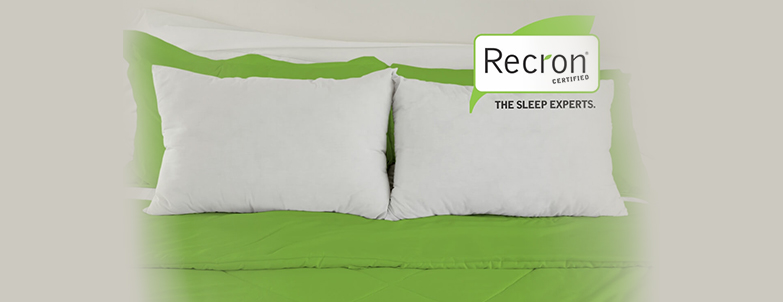
We earn for our basic needs, and importance is often given to how we can improvise so that our standard of living can be raised. We often spend so much on renovating our homes, our bedrooms. We run behind luxuries of life. For all the things we achieve, we sacrifice our sleep in common and often mistake that sleep isn’t that necessary, we fail to realise that sleep is one of our basic need.
Here are few questions commonly asked about sleep:
1. How much should a person sleep?
Sleep needs depend upon person to person. Sleeping for 7-8 hours a day on an average is recommended. Here is the chart about how much you should sleep, considering your age: (1)
1.New born (0-3 months): 14-17 hours
2.Infants (4-11 months): 12-15 hours
3.Toddlers (1-2 years): 11-14 hours
4.Pre-schoolers (3-5): 10-13 hours
5.School age children (6-13): 9-11 hours
6.Teenagers (14-17): 8-10 hours
7.Younger adults (18-25):7-9 hours
8.Adults (26-64): 7-9 hours
9.Older adults (65+): 7-8 hours
2. Can sleeplessness affect your immune?
People who lack sleep are prone to get sick sooner when they are exposed to viruses. Studies show that lack of quality sleep affects your immune and that may make you fall sick sooner. When you fall ill, due to lack of sleep, it might get difficult for you to recover soon. When you sleep, your immune system releases proteins called cytokines, that helps promote sleep. Certain cytokines need to increase when you have an infection else you recovery takes longer period of time. (2)
3. Is it okay to sleep during day and take up night shifts?
Nature has designed human bodies to work during the day and sleep during night. If this cycle is interchanged, that might change your body’s natural cycle to fall asleep and cause you many health related problems like restlessness, sleepiness, fatigue, decreased attention and disruption of the body’s metabolic process. (3)
4. Is snoring a disorder?
‘Sleep apnea’ is a serious sleep disorder that temporarily stop you from breathing, when you are asleep. Snoring can be a symptom of sleep apnea, no compulsion that everyone who snores has disorder. (4) Changing the sleeping positions can help. (5)
5. Does bedding contribute in putting to sleep?
Bedding set plays one of the important role in making you fall asleep and giving you good quality sleep. Age old mattresses become hard and doesn’t take the shape of your body, causing your body to pain. Pillows that are too soft or too hard don’t give your neck and spine a proper support. Hence next morning you might experience shoulder pain or neck pain. Harsh blankets can prick your skin n make you to itch every now and then, this disturbs your quality sleep.
One study looked at the benefits of a new mattress for 28 days. They found it reduced back pain by 57%, shoulder pain by 60%, back stiffness by 59% and improved sleep quality by 60% (6) Research shows that your bed, mattress and pillow can greatly impact sleep quality and joint or back pain. Try to buy a high-quality mattress and bedding every 5–8 years.
We at Recron, understand the importance of sleep. Which is why our home comfort range comes with Advanced ECS Technology. A revolutionary technology that ensures that our products support your spine well while retaining their softness and bounce for a long time. Helping you get a quality sleep. Our bedding set fit into your needs as well as your budgets.